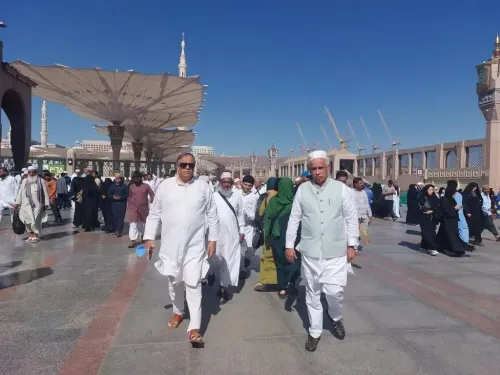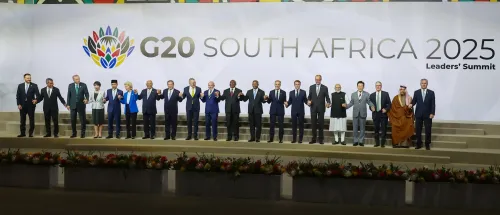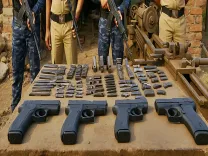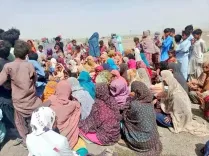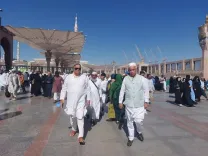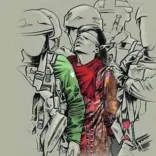What Complaints Have Been Filed Against Former Nepal PM Oli and Home Minister Over Gen-Z Protest Deaths?
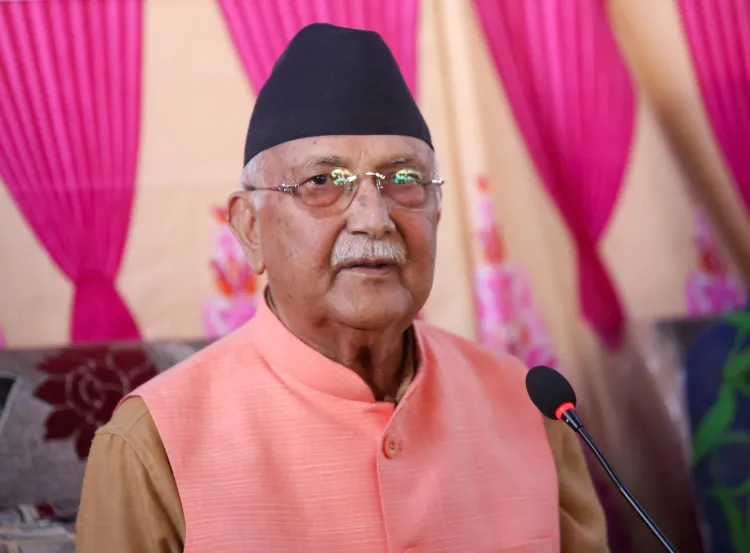
Synopsis
Key Takeaways
- Families of victims have filed complaints against former leaders.
- Police have registered these complaints for investigation.
- The protests resulted in significant political changes in Nepal.
- Social media campaigns are playing a crucial role in shaping public opinion.
- The new government faces challenges in maintaining stability.
Kathmandu, Oct 7 (NationPress) On Tuesday, Nepal Police documented a complaint lodged by the families of individuals who lost their lives during the recent Gen-Z protest movement, targeting former Prime Minister K P Sharma Oli and ex-Home Minister Ramesh Lekhak.
This complaint has been promptly referred to the High-Level Judicial Inquiry Commission, which was established to investigate the fatalities and property damage that occurred during the two-day Gen-Z protests on September 8 and 9 of last month.
The accusations against the leaders arose amidst a campaign initiated by certain Gen-Z leaders, who labeled Oli and Lekhak as “murderers”, following the deaths of 19 individuals due to police gunfire during the demonstrations. The protests ultimately resulted in Oli's resignation as Prime Minister, leading to the establishment of a new apolitical government headed by former Chief Justice Sushila Karki.
According to Superintendent of Police Pawan Bhattarai, the spokesperson for the District Police Office in Kathmandu, “Four family members of the deceased during the Gen-Z movement filed complaints against Oli and Lekhak, accusing them of crimes against humanity and state offenses.” He added that the complaints were swiftly forwarded to the commission, which is tasked with investigating the events surrounding the Gen-Z movement.
Previously, the police had declined to register complaints against the former Prime Minister and his cabinet members, expressing concerns that a police inquiry might influence the commission’s independent investigation.
However, on Tuesday afternoon, the commission clarified that no governmental entity needs to await its report to initiate investigations or actions against those involved in criminal activities. Its mandate encompasses receiving and analyzing petitions regarding human and material losses during the Gen-Z movement and recommending necessary actions.
The government has faced mounting pressure from various Gen-Z leaders to commence a criminal investigation against Oli and Lekhak, accusing them of murder during the protests. Since Monday, these leaders have initiated a social media campaign utilizing the hashtags “Arrest KP Oli” and “Arrest Ramesh Lekhak”.
Apart from the social media initiative, some Gen-Z leaders have also been advocating for the removal of Chief Justice Prakash Man Singh Raut and the head of the Commission for the Investigation of Abuse of Authority (CIAA), Prem Rai. A faction even visited the CIAA office, demanding Rai's resignation.
These developments pose significant challenges for the new government, which was established with the objective of conducting the next parliamentary elections on March 5 of the upcoming year. The escalating activities targeting former Prime Minister Oli have sparked reactions from the former ruling party.
On Tuesday, its student faction, the All Nepal National Free Students Union, approached the District Police Office in Kathmandu to file complaints against Kathmandu Metropolitan City Mayor Balendra Shah and Gen-Z leader Sudan Gurung, accusing them of involvement in arson and vandalism against governmental and private property.
“We did not register their complaint because it was not properly drafted,” Bhattarai stated.
A senior UML leader shared with IANS that some party members have proposed filing a writ petition in the Supreme Court to challenge the current government led by Karki, questioning its constitutional validity. “However, the party has not made a collective decision on this matter,” the leader remarked.


